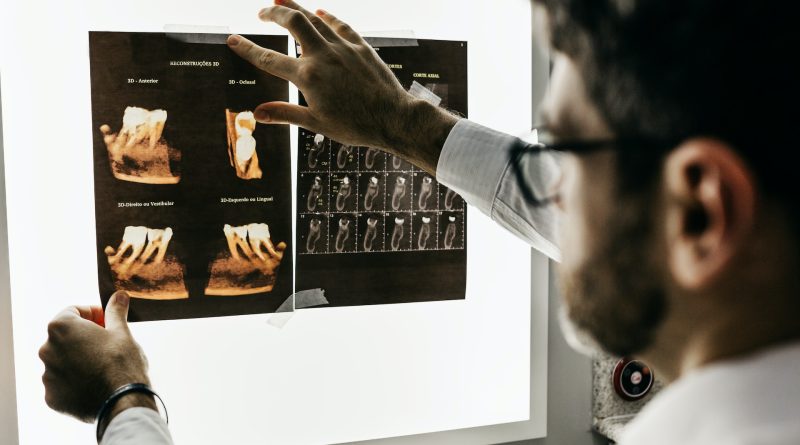Mask Mouth and Oral Side Effects
Wearing a mask has become a common practice in recent times in order to protect ourselves and others from the spread of COVID-19. While masks are essential for reducing the transmission of the virus, they can also cause a number of oral side effects. These side effects can range from minor annoyances to serious dental concerns, and it is important to be aware of them in order to maintain good oral hygiene.
One of the most common oral side effects of wearing a mask is the accumulation of bacteria. When we breathe through our mouth, the air is filtered through the mask and the moisture from our breath collects on the inside of the mask. This moisture provides an ideal breeding ground for bacteria, which can then be inhaled into our mouth and throat. The bacteria can cause a number of oral health issues, including bad breath, tooth decay, and gum disease.
Another common oral side effect of wearing a mask is dry mouth. Dry mouth, also known as xerostomia, is a condition in which the salivary glands produce insufficient saliva to keep the mouth moist. This can cause a number of uncomfortable symptoms, including a sticky feeling in the mouth, difficulty swallowing, and a burning sensation in the throat. Dry mouth can also increase the risk of tooth decay, as saliva helps to neutralize the acids produced by bacteria in the mouth.
Bad breath, also known as halitosis, is another oral side effect of wearing a mask. Bad breath can be caused by a number of factors, including bacteria, dry mouth, and certain medications. When we breathe through our mouth, the air is not filtered by the nose, which is where most of the bacteria that cause bad breath are found. This can result in a build-up of bacteria in the mouth, leading to bad breath.
Receding gums is another oral side effect of wearing a mask. Receding gums, also known as gingival recession, is a condition in which the gum tissue surrounding the teeth pulls back, exposing more of the tooth’s root. This can be caused by a number of factors, including brushing the teeth too hard, gum disease, and wearing a tight-fitting mask. Receding gums can lead to sensitivity and tooth decay, as the exposed root is more susceptible to damage from bacteria and acids.
Wearing a mask can also cause dental concern, as it can make it more difficult to maintain good oral hygiene. When we wear a mask, it is harder to see our mouth and teeth, which can make it more difficult to brush and floss properly. This can lead to a build-up of plaque and tartar, which can cause tooth decay and gum disease. Additionally, masks can make it more difficult to access dental care, as they can interfere with the use of dental instruments and x-ray machines.
Maintaining good oral hygiene is essential in order to prevent the oral side effects of wearing a mask. This includes brushing the teeth twice a day with fluoride toothpaste, flossing daily, and using mouthwash to kill bacteria and freshen the breath. It is also important to replace your mask regularly, as bacteria can build up on the inside of the mask over time. Additionally, drinking plenty of water can help to keep the mouth moist and prevent dry mouth.
In conclusion, wearing a mask can cause a number of oral side effects, including the accumulation of bacteria, dry mouth, bad breath, receding gums, and dental concerns. These side effects can be uncomfortable and can lead to serious dental problems if not properly addressed. Maintaining good oral hygiene is essential in order to prevent these side effects and to maintain good oral health.


